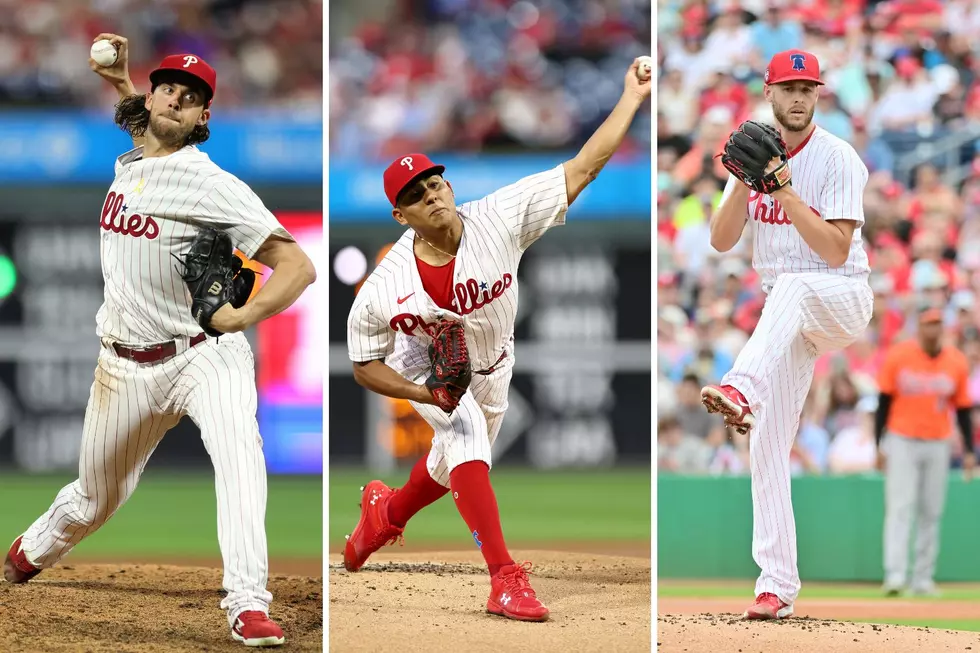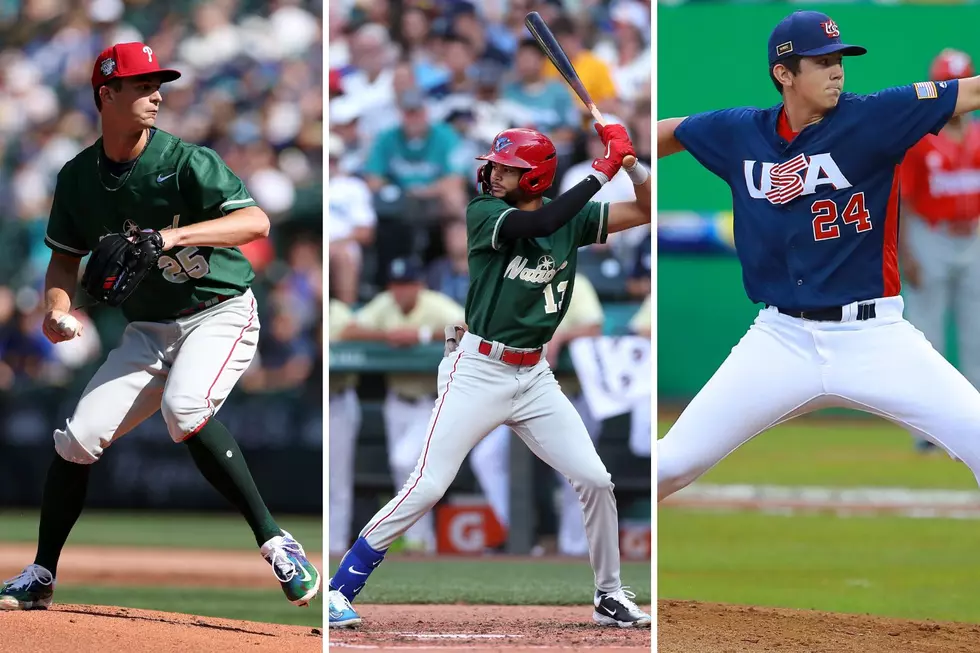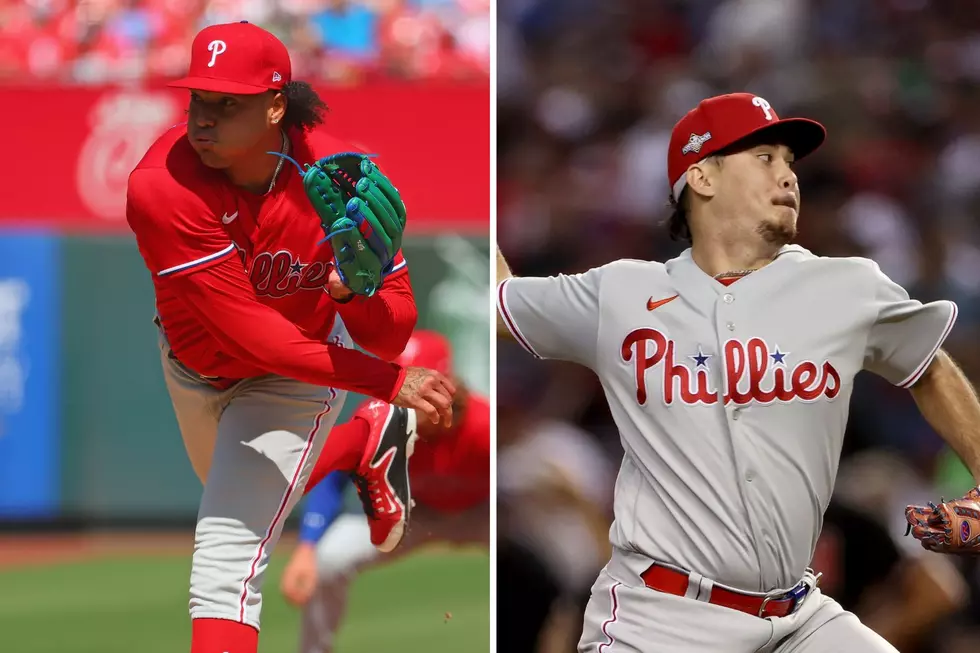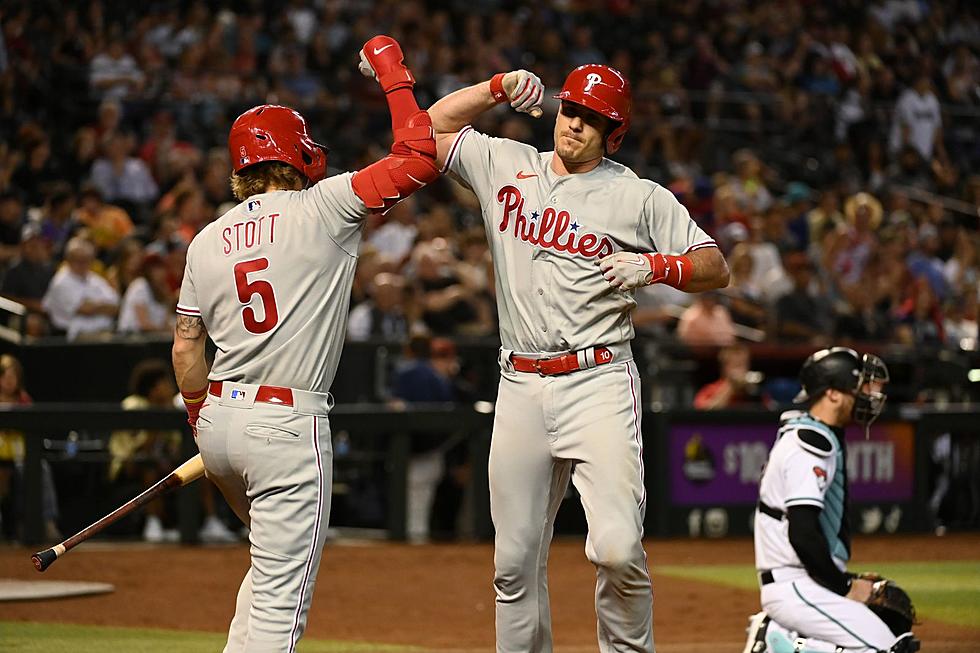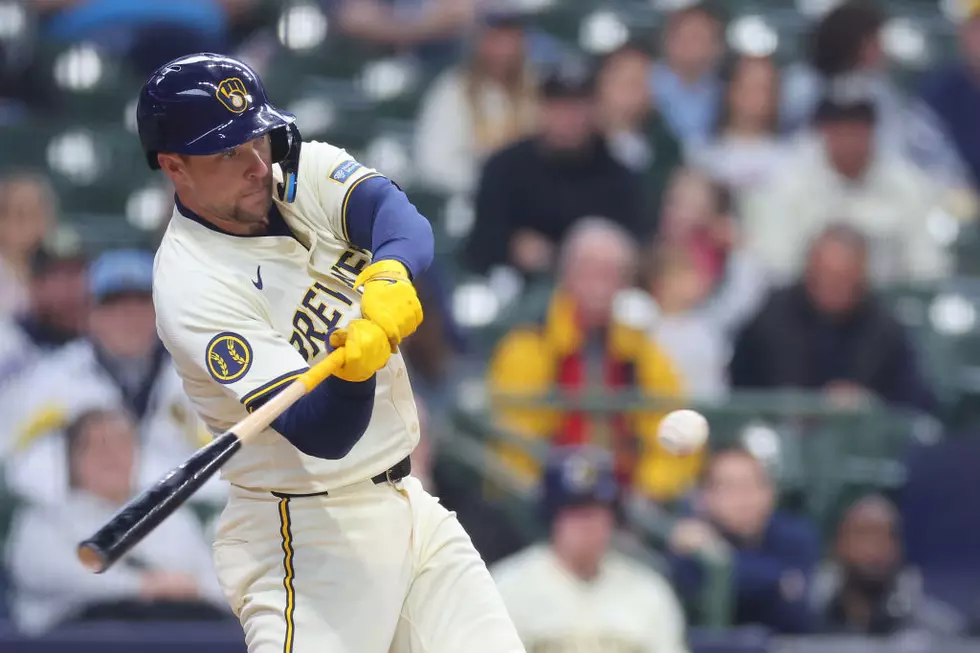
Offering Hellickson a Qualifying Offer is Win-Win for Phillies
When the Phillies traded for starting pitcher Jeremy Hellickson last offseason, the plan was for Hellickson to be a veteran arm in the midst of a very young starting rotation. While similarly-tabbed Charlie Morton fell to an injury early in the season, Hellickson was a stable rotation force among instability. As Vince Velasquez went through an injury and was shut down early and Aaron Nola and Zach Eflin had season-ending injuries, Hellickson was with the rotation start to finish. Now that Hellickson is facing a qualifying offer, it is a win-win situation for the Phillies to offer him the $17.2 million qualifying offer.
Should the Phillies offer Hellickson the qualifying offer, there are two possible outcomes. The first is that Hellickson accepts and ends up with the Phillies on a one-year, $17.2 million deal. The other outcome is that he rejects the offer from the Phillies and becomes a free agent. If Hellickson chooses free agency, the Phillies will be given a supplemental draft pick when Hellickson signs with another team.
The first outcome is beneficial to the Phillies. For the same reason that Hellickson was a welcome addition last season is why the Phillies would like to have him back in 2017. The Phillies learned that Jerad Eickhoff was a reliable, solid Major League starter in 2016. Besides Eickhoff, the other starters are question marks. Velasquez had his moments, but needs to demonstrate greater efficiency. With injuries to Nola and Eflin, 2017 is less than certain, and Jake Thompson is only getting his feet wet.
Should the Phillies lose Hellickson, they will need someone to fill that same role Hellickson filled in 2017. Acquiring such a starter is easier said than done; the Phillies would prefer not to subtract prospects from their roster in a trade, and the free agent market for starters is particularly weak in 2017. The only similar pitchers could be Edinson Volquez or Andrew Cashner, and both will end up commanding money due to a weak market.
The argument that $17.2 million is "too much money" for Hellickson does not work for this Phillies team. The Phillies have plenty of money. Signing an ace for $30 million a year is something the Phillies could afford. But, there are none available. However, there will be some available after 2017. So, should Hellickson get $17.2 million in 2017 the Phillies can afford it and there will be no commitment beyond 2017 should the Phillies wish to spend $30 million on an ace like Clayton Kershaw or David Price.
Should Hellickson reject the qualifying offer and leave, the Phillies will receive a first round draft pick towards the end of the first round. That infusion of talent is not negligible. Sure, the Phillies will have to come up with a way to get another starter, perhaps via a trade, but getting that first round pick compared to what they gave up for Hellickson last season - starter Sam McWilliams, who had a 3-6 record and 3.98 earned run average in 15 starts at Class-A Kane County - that represents progress for the Phillies organization.
Hellickson's agent Scott Boras usually is not dissuaded by a qualifying offer that large, even when that will exceed the average annual value his clients get. So, for Hellickson, $17.2 million may be great than $14 million, but if Boras gets Hellickson gets a three-year deal at $14 million, that is $42 million guaranteed dollars, much higher than $17.2 million. The financial security that affords the pitcher is indeed much greater.
I tend to think that the track record Boras has with his clients will mean that they reject a qualifying offer and work out a multi-year deal. For the Phillies, the prospect they will receive in the draft will be worth it. The team that signs Hellickson - a contender like the Los Angeles Dodgers that could use a steady 30 year-old arm instead of their constant cycle of injured veterans - would be happy to pay Hellickson's asking price.
No matter what the outcome, the Phillies will do well.
More From 97.3 ESPN

